weekly
Written by: Huang Shunyang
2021-05-16 21:02
Last update date: 2021-05-16 21:02
The National Bureau of Statistics announced the results of the seventh national census last Tuesday (May 11), showing that the population growth rate is slowing down and the age structure is uneven. The first is the crisis of aging and declining birthrate.
Coincidentally, this is also an old problem in Hong Kong’s demographic structure. With the birth rate falling year after year, it was dragged down by the epidemic last year and hit a new low since the reunification. The number of babies born dropped sharply by 18.5% year-on-year to only 5.8 per 1,000 population. The number of live births is half that of ten years ago.
The number of births in Hong Kong has dropped significantly, and the future demand for child care and pre-school services, the admission of primary and secondary schools, universities, and the job market will all face "big challenges".
However, despite the fact that the low fertility rate, aging society, and labor shortage are unmistakable demographic problems, the SAR government seems to have no intention to actively encourage childbirth, and even only integrates Hong Kong’s population policy with the rapid population growth in the Guangdong-Hong Kong-Macao Greater Bay Area. Linked, believes that the authorities have no right to interfere with citizens' reproductive rights.
It is true that "sending sugar" to encourage childbirth is not economically beneficial, but rather than choking on food, what kind of population policy should be considered to "effectively" increase the fertility rate.
Has the population policy of Hong Kong for many years been trapped in a "blind spot", only knowing about "regulation" but unable to remove the barriers to fertility for the citizens, making the society more "viable" and "livable"?
The problem of population structure in Hong Kong does not just appear today. The government has successively established the "Population Policy Task Force" (2002), the "Population Policy Steering Committee" (2007), and in 2018 the "Human Resources Planning" which integrates resources from all walks of life was established. Committee" to deal with population structure issues.
However, it seems that the problem has not improved at all, and even in the near future, Hong Kong will enter a "super-aging" society.
In the near future, Hong Kong will enter a "super-aging" society.
(Profile picture)
Enter the "super-aging" society early after the epidemic
"In 2019, the number of elderly people over 65 has reached nearly 20%; in 2034, the elderly will account for more than 30% of the total population, and the relevant proportion will rise to nearly 40% by 2069." Professor of the Department of Sociology, The Chinese University of Hong Kong In an interview with "Hong Kong 01", Yu Ying pointed out that the demographic problem in Hong Kong has become more serious as the desire for low births and the aging population continue to deteriorate.
The United Nations defines an "aging society" in this way: When an area with an elderly population over 65 accounts for more than 7% of the total population, the area has entered an aging society.
Hong Kong will enter a "super-aging" society in 2034. By 2069, the old-age dependency ratio may increase to 2:1 or close to 1:1.
However, how do we understand the super-aging society and the structural problems it brings?
If the old-age dependency ratio really reaches 1:1, what impact will it have on the entire society, the government, and the lives of individuals?
Simply put, there are fewer people engaged in production, and more elderly people need to be supported, and economic growth will naturally slow down.
According to the Census and Statistics Department, in 2015, as many as 74% of the elderly suffered from chronic diseases, the government's public medical and social welfare expenditures naturally increased, and these expenditures were ultimately borne by the government's revenue-land sales and taxes.
Faced with the huge social and economic burden, the government, in order to avoid the structural deficit caused by the population problem, has to either increase revenue — increase taxes, or reduce expenditure — to reduce pension expenditures.
If the government is hesitant to formulate universal retirement protection, most of the elderly will find it difficult to save because of the high cost of living. The working population alone will not be able to cover the above-mentioned public expenditures. The elderly can only "live until they are old and be old." .
If the government is hesitant to formulate universal retirement protection, most of the elderly will find it difficult to save because of the high cost of living. The working population alone will not be able to cover the above-mentioned public expenditures. The elderly can only "live until they are old and be old." .
(Photo/Photo by Ou Jiale)
Furthermore, a large number of elderly people will inevitably change the current social production and consumption patterns; the community needs more elderly services (care homes, health centers, emotional support services), and elderly-friendly facilities (elevators, handrails, safe crossings) Facilities, non-slip passages) to meet the life needs of the elderly.
To make Hong Kong an "old-age-friendly city," the government must invest a lot of budget and human resources, which brings the problem back to structural problems such as money and labor shortages.
Therefore, in order to slow down Hong Kong’s progress towards super-aging, or to ensure sufficient fiscal revenue, it is natural to broaden the tax base and increase tax targets; and to meet the needs derived from the super-aging society, society also needs more The working population is engaged in childbearing and elderly services, encouraging childbirth and opening immigration thresholds are all feasible ways to increase the working population.
A large number of elderly people will inevitably change the current social production and consumption patterns; the community needs more elderly services and elderly-friendly facilities to meet the needs of the elderly.
(Profile picture/Photo by Liang Huwei)
Adaptive population policy is just a drop in the bucket
Chen Mengni, a researcher at the Institute of Sociology and Social Psychology at the University of Cologne, Germany, believes that policies to slow down the aging trend can be divided into two categories: "intervention" and "adaptability", and intervention can be divided into rapid methods—increasing immigration; And a slower way of dealing with it—to encourage childbirth through policies, often requires a lot of investment, a lot of facilities, and vacations. The investment cycle is long, the investment is relatively large, and it often takes longer to show the effect. "Although the effect is not very significant, But it can solve the problem from the root cause.”
The so-called "adaptive" population policy means that the government adjusts the pension and other social welfare systems in response to the aging trend of the population, extends the retirement age and creates more job opportunities for women, and increases the proportion of the labor force in the existing population structure.
However, even if it is a population policy, the Hong Kong government still cannot do without a "less intervention" mentality and focuses on an adaptive talent policy.
Chen Mengni described that although the government has introduced interventional policies, compared with other high-income societies in Asia, investment is quite limited.
In the past, the government's interventional population policy was mainly based on immigration policies, and relied on senior talents and one-way permit family reunions—"Excellent Talent Admission Program", "Mainland Talent Import Program", and "One-way Permit" to supplement the labor force and alleviate the shortage of talents The problem.
However, the 150 one-way permit entry quotas per day (54,750 quotas per year) have not been filled up. Excluding 2016, there have been nearly 10,000 quotas remaining each year for the past seven years.
Tong Yuying predicted that with the continuous increase in income in the Mainland, fewer and fewer people will come to Hong Kong via one-way permits.
According to data from the World Bank, Hong Kong’s population growth rate in 2017 was 0.7%, which was lower than the global 1.2% and North America’s 0.8%, which was similar to East Asia’s 0.7%. According to figures from the Census and Statistics Department, in mid-2018 The growth rate of the local population was 0.8%, and it has been declining since then, reaching 0.5% at the end of 2019; there will be a drop of 0.6% at the end of 2020.
From this point of view, both the actual population growth figures and the “Human Resources Projections for 2027” released by the government in 2019 predict that there will be 170,000 jobs in Hong Kong in 2027, and they all reflect the emergence of “less jobs”. The population policy of "Intervention" has not worked. In the face of severe population structure problems, the relevant measures are nothing but a drop in the bucket.
The "Human Resources Projection for 2027" released by the government in 2019 predicts that there will be 170,000 jobs in Hong Kong in 2027.
(Profile picture)
Contradiction between public interest and market interest
Tong Yuying pointed out that behind the government’s lack of “subjective initiative” to adjust the population structure, on the one hand, it stems from the change in the government’s role in governance. And experience accumulation to adapt to this change in governance role.” On the other hand, this is not unrelated to Hong Kong’s free economy. “Hong Kong is one of the freest economies. The government may feel that whatever it takes will affect this. The model of a free economy."
Tong Yuying's "affecting free economies" can refer to the government's "active non-intervention" in the market, and it can also refer to the government's stance on the policy of encouraging childbirth.
"Increase maternity leave for women, so who will bear the loss? Although the market believes that the government should do this, the market must protect its profits. Therefore, without good policy cooperation, the market will find it difficult to agree." She believes that adjustments to population policies will inevitably involve The contradiction between public interest and market interest is difficult to balance. "Unless the government gives a lot of subsidies to subsidize the losses of the company, but when the government wants to bear the cost together with the company, the company may not be willing."
Take the four-week extension of statutory maternity leave passed in the third reading of the Legislative Council in July last year as an example. When this policy was announced in 2018, labor and management and the government fought over the cost issue-the business community either shouted that the policy harms the "business environment" or demanded The government pays for it.
Even if the government is willing to use public money to subsidize maternity leave wages, the employers and employees still had a disagreement at the Labor Advisory Committee meeting on November 30 of the same year on setting a subsidy ceiling: labor expects employers to pay the difference in subsidies to high-paid employees; employers believe that many countries and regions They all set up subsidy ceilings and thought it was appropriate. They opposed the suggestion that the government set up a voluntary work mechanism to allow women with good health to choose whether to go to work or not. Then Deng Jiabiao, a labor representative and the Federation of Trade Unions questioned: "If you do, the original intent of the policy will be broken. ?"
The above is excerpted from the 265th issue of "Hong Kong 01" Weekly Report (May 17, 2021) "The "less intervention" population policy "fewer births" will have endless troubles. If you want to read the full text, please
click here to
sample the weekly newsletter and browse more in-depth reports.
Population ageing, declining birthrate, labor force childcare 01 weekly report in-depth report on population growth

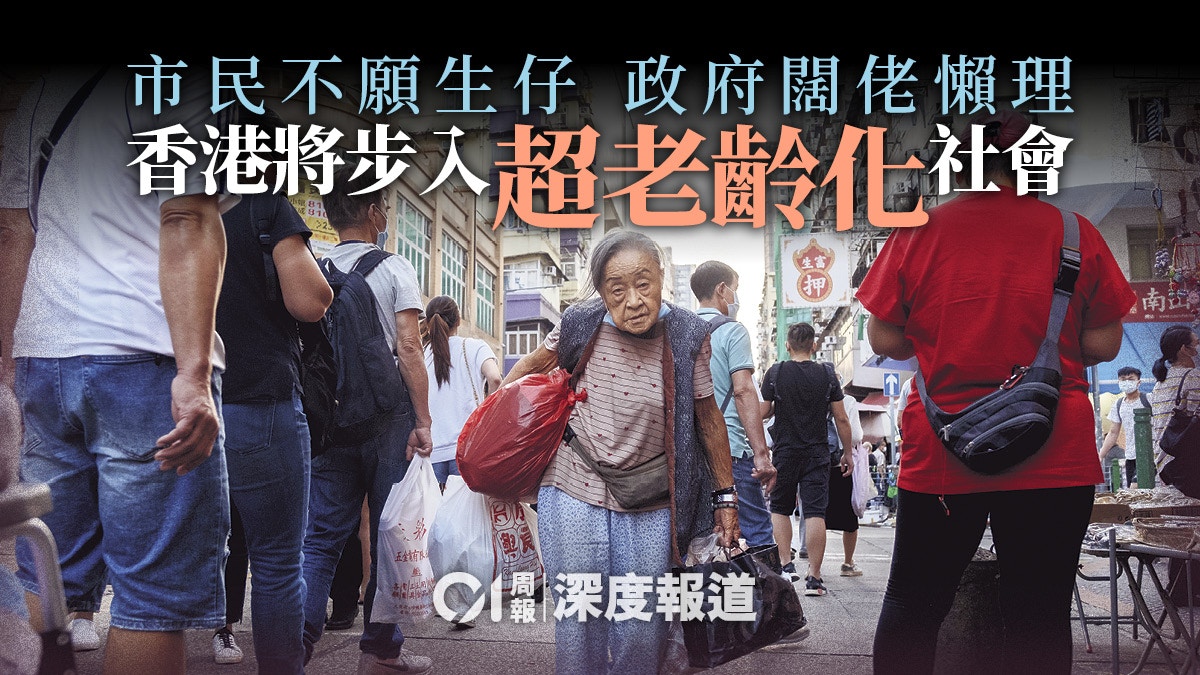


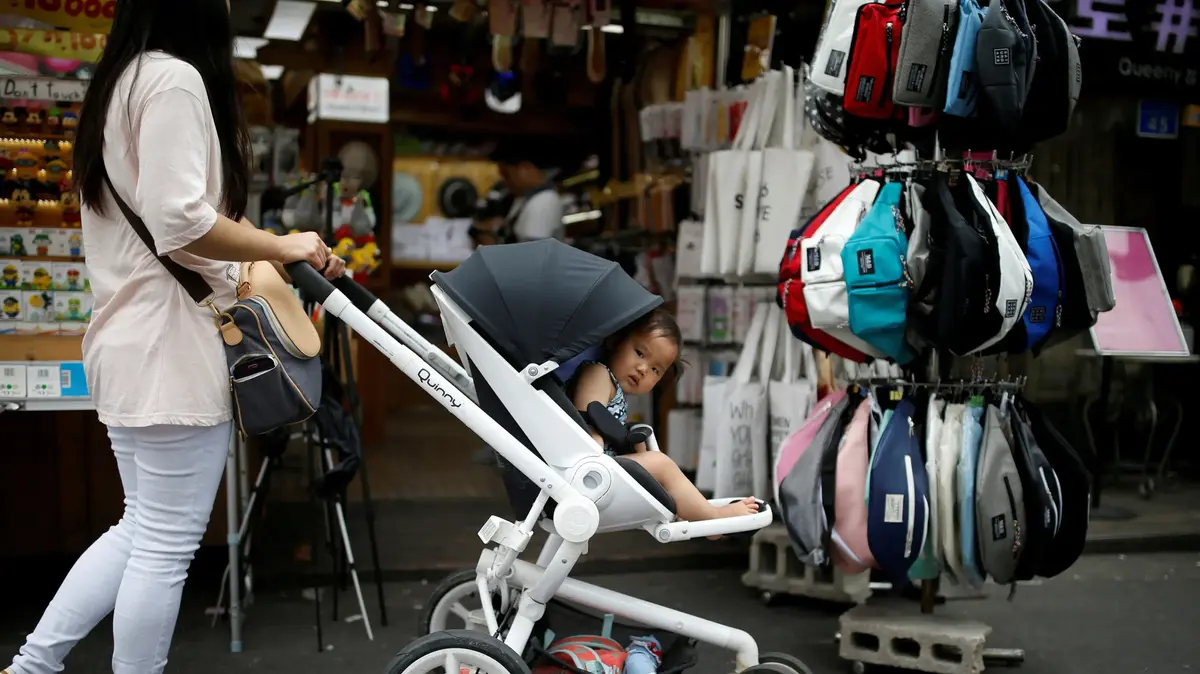
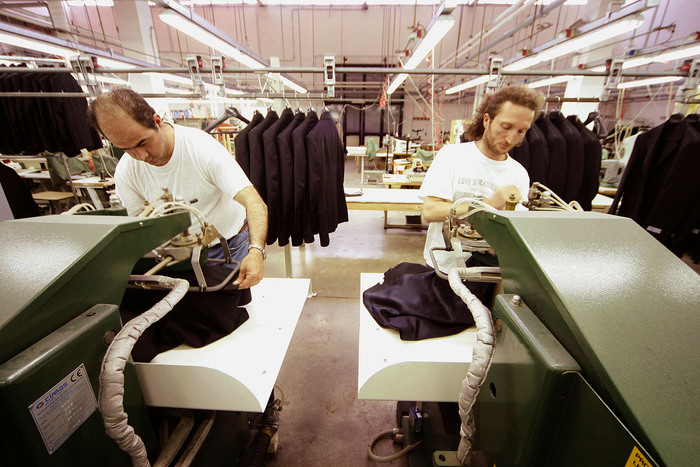


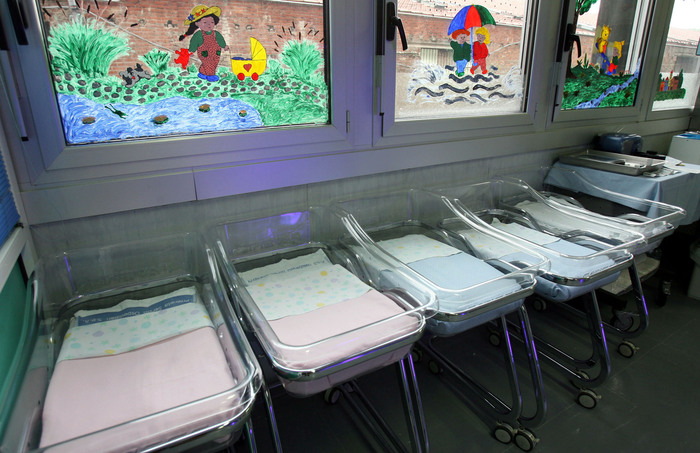
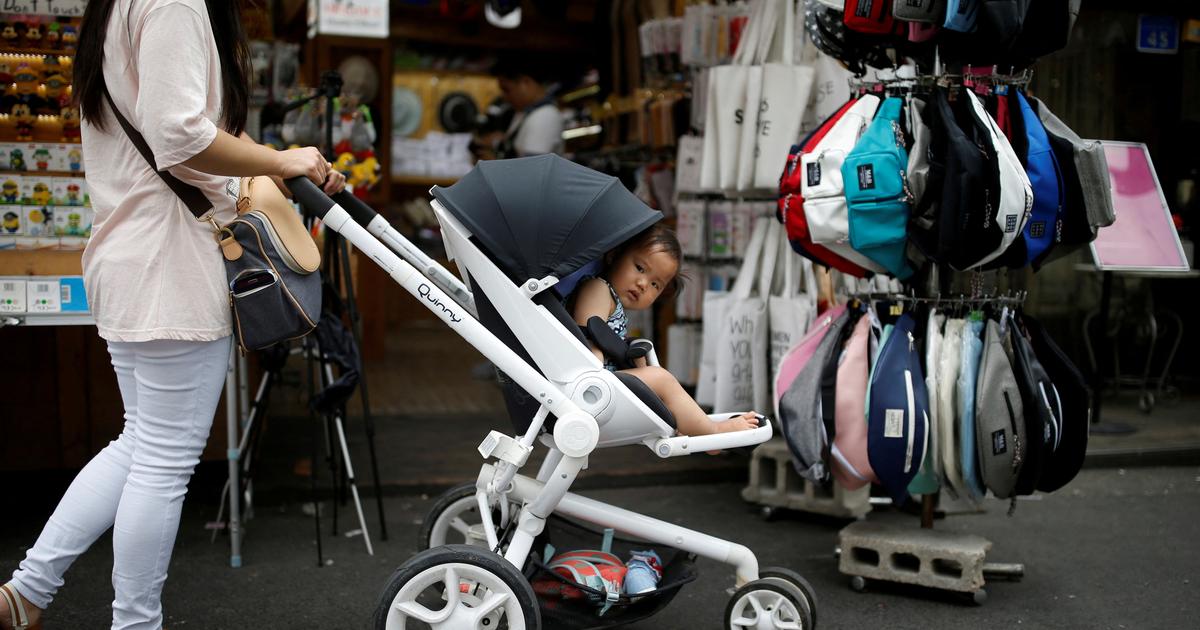

/cloudfront-eu-central-1.images.arcpublishing.com/prisa/KMEYMJKESBAZBE4MRBAM4TGHIQ.jpg)



